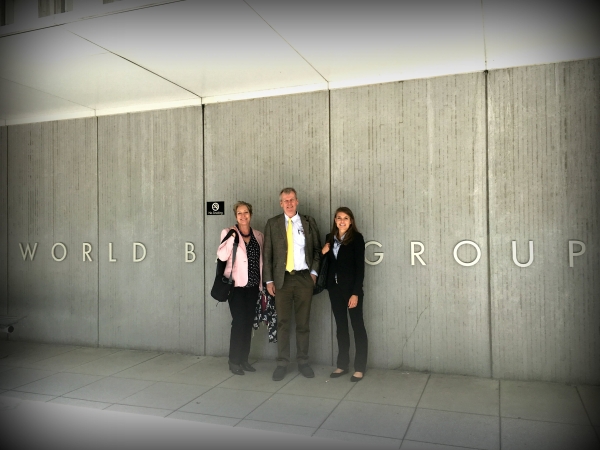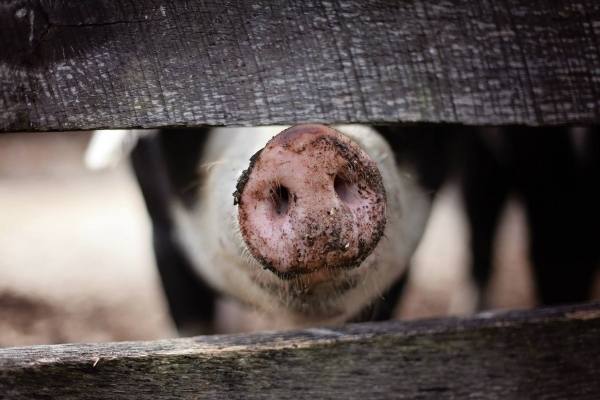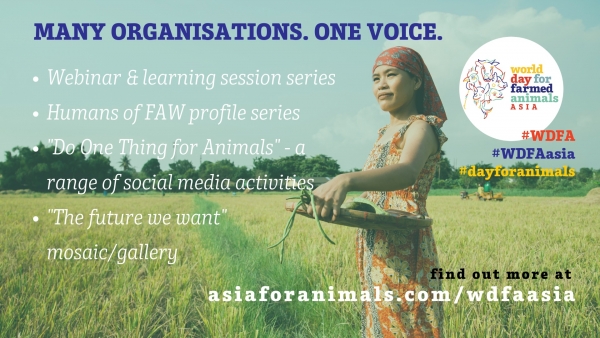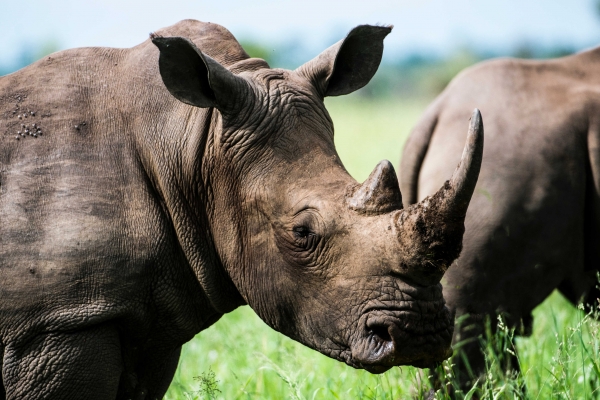| Headquarters: |
Geneva, Switzerland
|
|
|
| Website: | http://www.who.int/en/ | ||
| Description: | The primary role of the World Health Organisation (WHO) is to direct and coordinate international health within the United Nations’ system. | ||
| Summary: |
WHO’s goal is to build a better, healthier future for people all over the world. Working through offices in more than 150 countries, WHO staff works side by side with governments and other partners to ensure the highest attainable level of health for all people. WHO also works to combat diseases – infectious diseases such as influenza and HIV and noncommunicable ones like cancer and heart disease. They help mothers and children survive and thrive so they can look forward to a healthy life. And they work to ensure the safety of “the air people breathe, the food they eat, the water they drink – and the medicines and vaccines they need.” |
||
| Organization Type: | International Inter-Governmental Organization | ||
| Issue areas covered: |
The WHO has a mandate for stray dog control, which is also covered by an OIE international standard. It has coordinated a number of pilot projects on stray dog control, including projects in Tanzania, South Africa and the Philippines, supported by the Gates Foundation. An open letter was published in the Lancet on 22 May 2017 urging the WHO to take action on industrial animal farming and to address major WHO concerns, such as climate change, antibiotic resistance and the rise of non-communicable diseases. The WHO has a program on Public Health, Environmental and Social Determinants of Health (PHE), which includes aspects such as water, sanitation and hygiene; chemicals management; climate change; occupational health; and High Environmental Impact Economic Sectors; and another on Zoonoses and Veterinary and Public Health. These are relevant to terrestrial and fish farming, particularly intensive production. |
||
| Key opportunities and dates for input: |
|
||
| Requirements for participation: |
There is more about WHO’s collaboration with non-state actors, including NGOs, This includes a Framework of Engagement with non-state actors and conditions for secondments. |
||
| Advocacy Opportunities: | |||
|
Past advocacy has shown WHO to be receptive to meat reduction messages in nutrition advice (primarily a plant-based diet), and they have also countered claims from development organizations about the need for decreased meat consumption, stressing the value of fortification. There is scope to increase APO advocacy in a number of areas:
|
|||
- Home
- Directory
-
Our Programs
-
Strategic Advocacy Course
- Collaborations
- Humane Education
- International Policy
-
Model Animal Welfare Act
- Get the Book!
- Contents
- Part 1: Guiding Principles - A Broad Overview
- Part 2: Proposal for the Wording of a New Animal Welfare Act
-
Part 3: Explanatory Notes
- Notes to Chapter 1: Preliminary Provisions
- Notes to Chapter 2: General Provisions
- Notes to Chapter 3: Keeping of Animals/Care of Animals
- Notes to Chapter 4: Specific Categories of Animal Use
- Notes to Chapter 5: Implementation and Enforcement Provisions
- Notes to Chapter 6: Penal and Final/Concluding Provisions
- Constitution Project
-
Strategic Advocacy Course
-
Resources
- Events
- About Us
- Blog
From the Blog
-
The World Federation for Animals: A New Chapter for World Animal Net +
 In 2013, I joined World Animal Net (WAN) alongside Akisha… Read More
In 2013, I joined World Animal Net (WAN) alongside Akisha… Read More
-
Launching an "Animals' Manifesto" for World Animal Day +
 World Animal Net has brought together animal protection and environmental… Read More
World Animal Net has brought together animal protection and environmental… Read More
-
Join Asia for Animals in celebrating World Farmed Animal Day +
 World Day for Farmed Animals Asia is on October 2nd… Read More
World Day for Farmed Animals Asia is on October 2nd… Read More
-
COVID-19 and the Development of the New Global Biodiversity Framework +
 The Convention on Biological Diversity (CBD) is an international agreement… Read More
The Convention on Biological Diversity (CBD) is an international agreement… Read More
- 1


